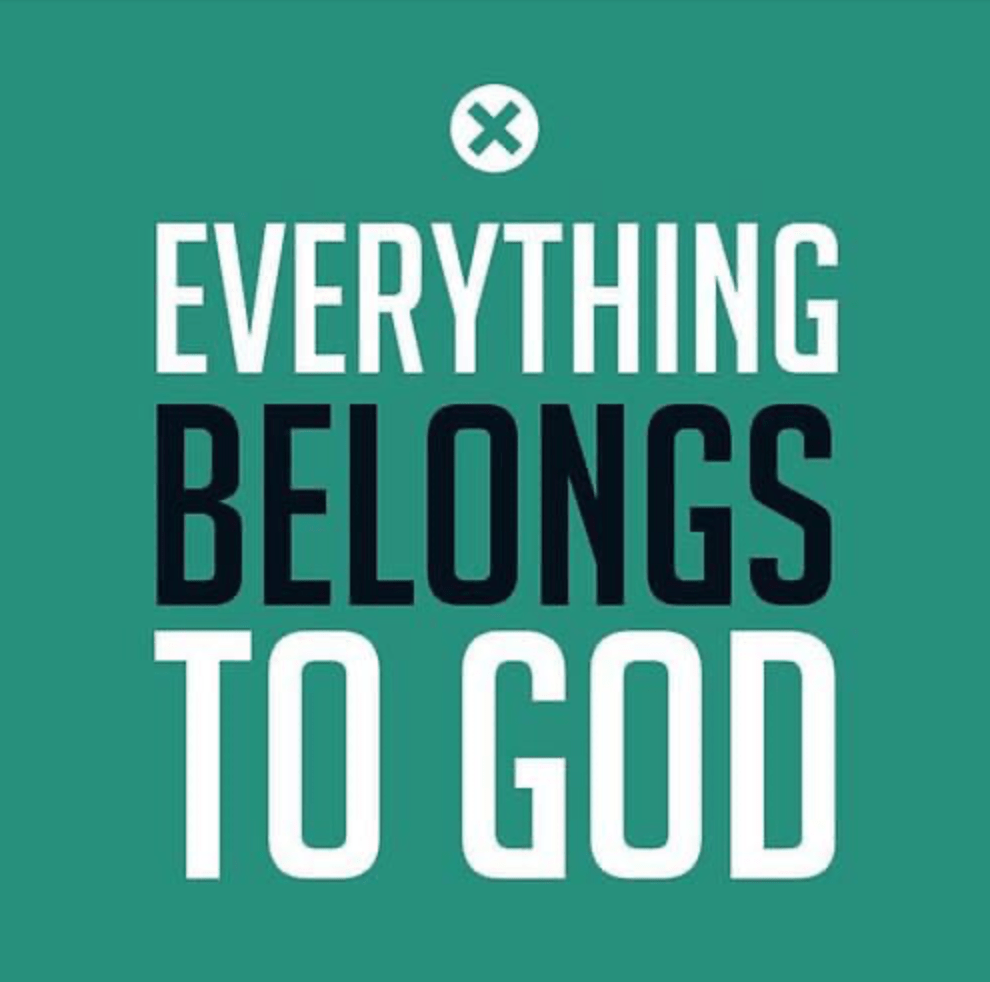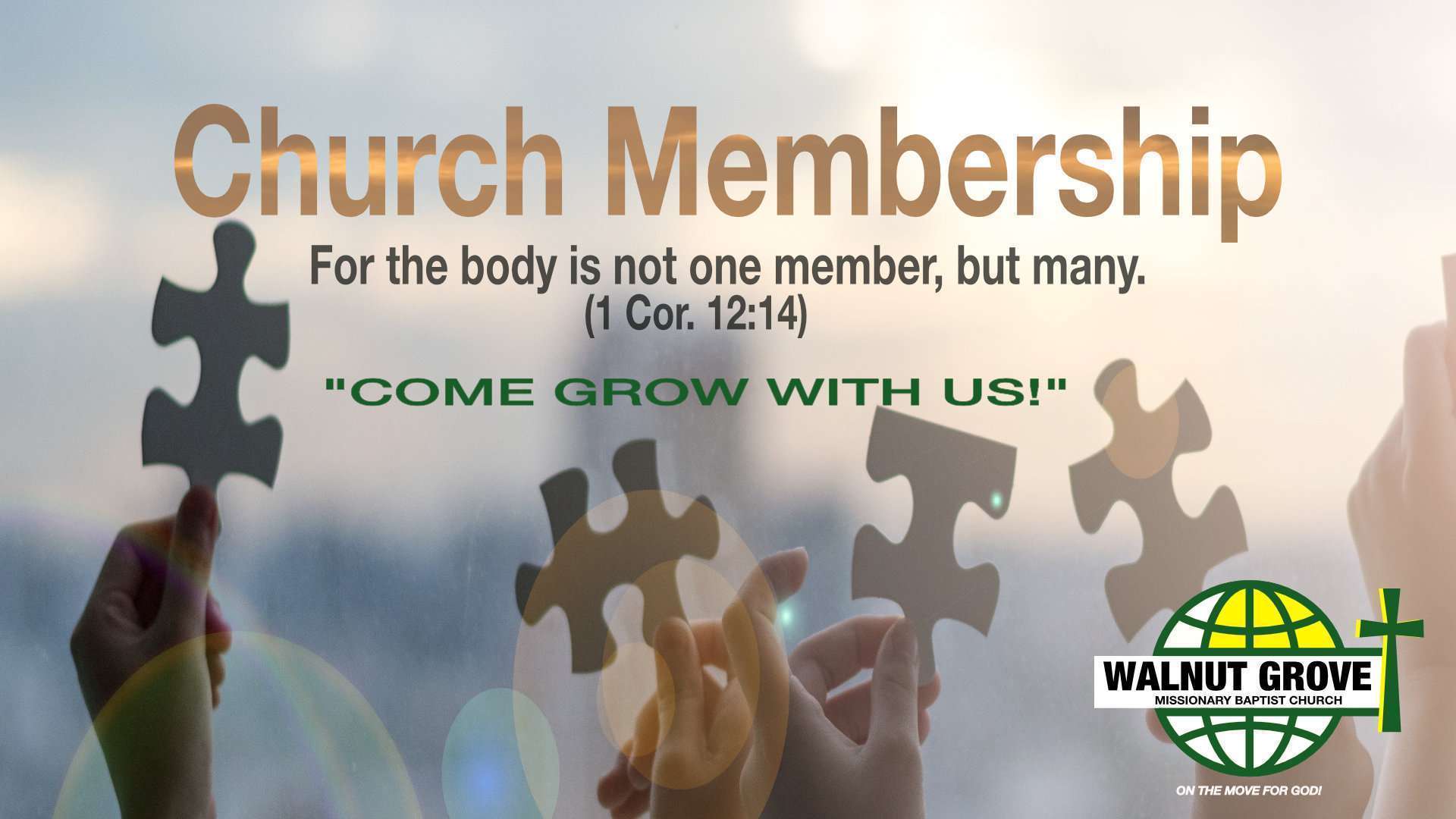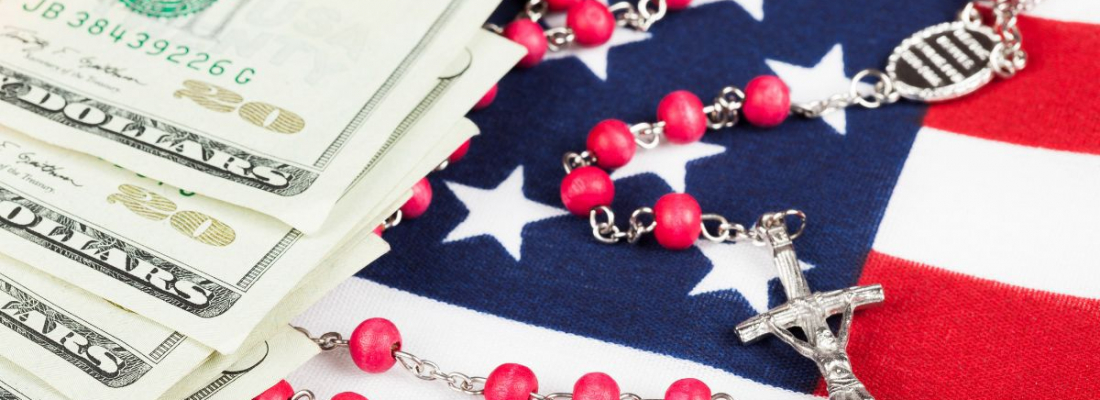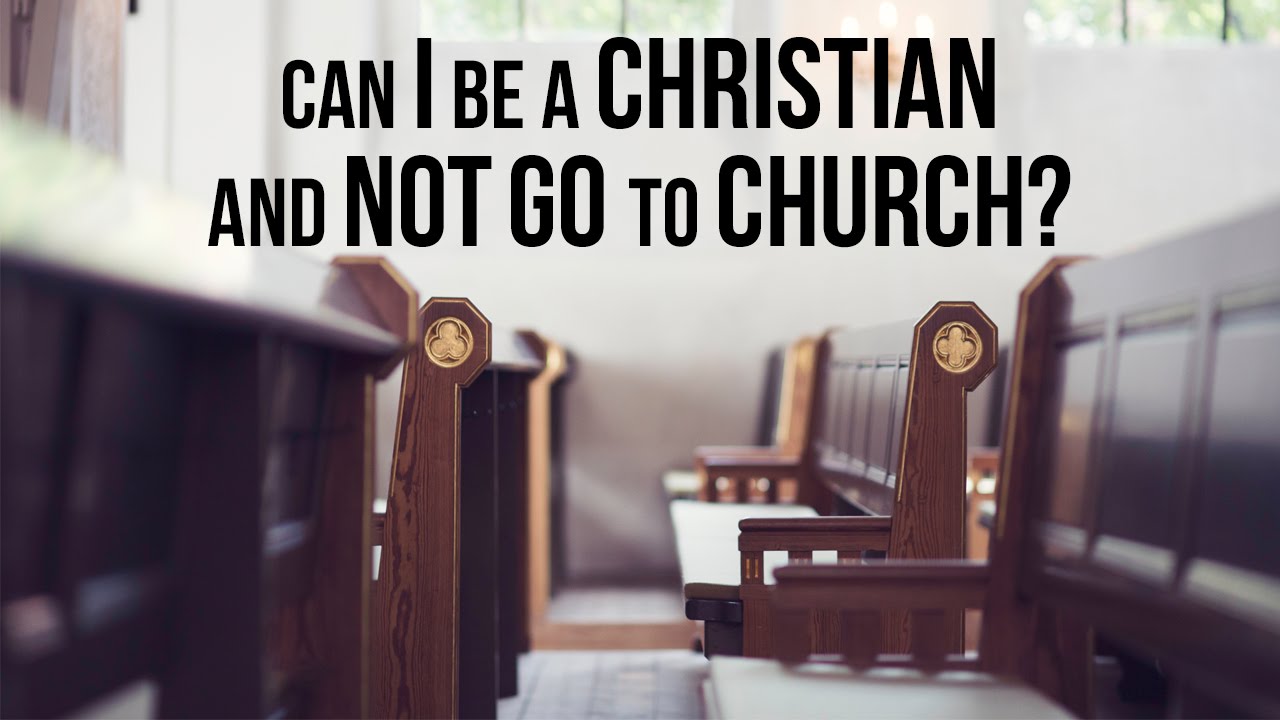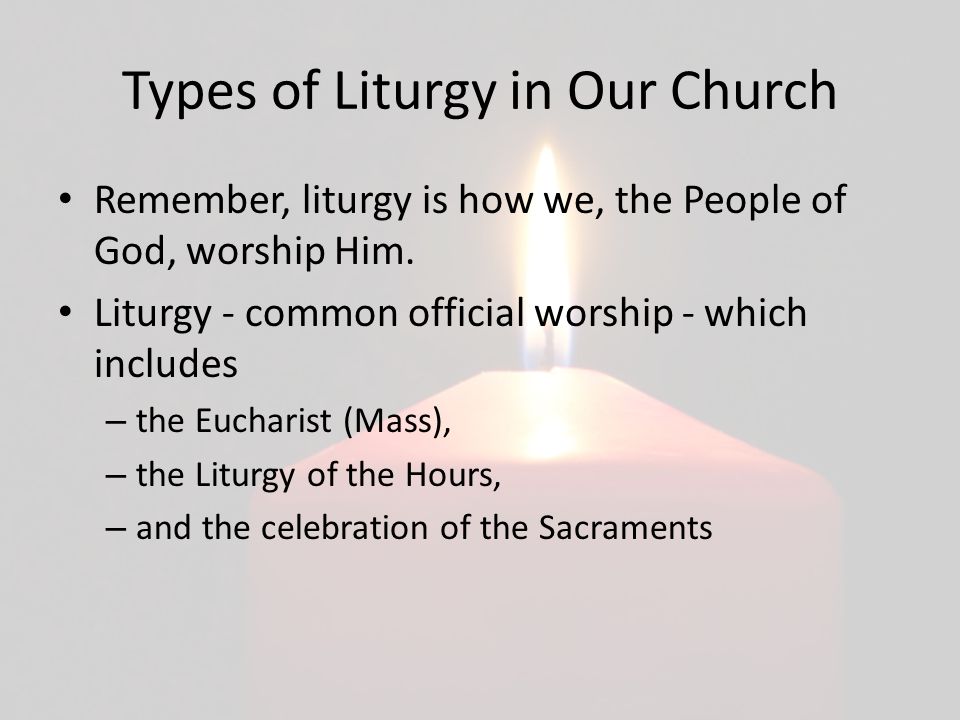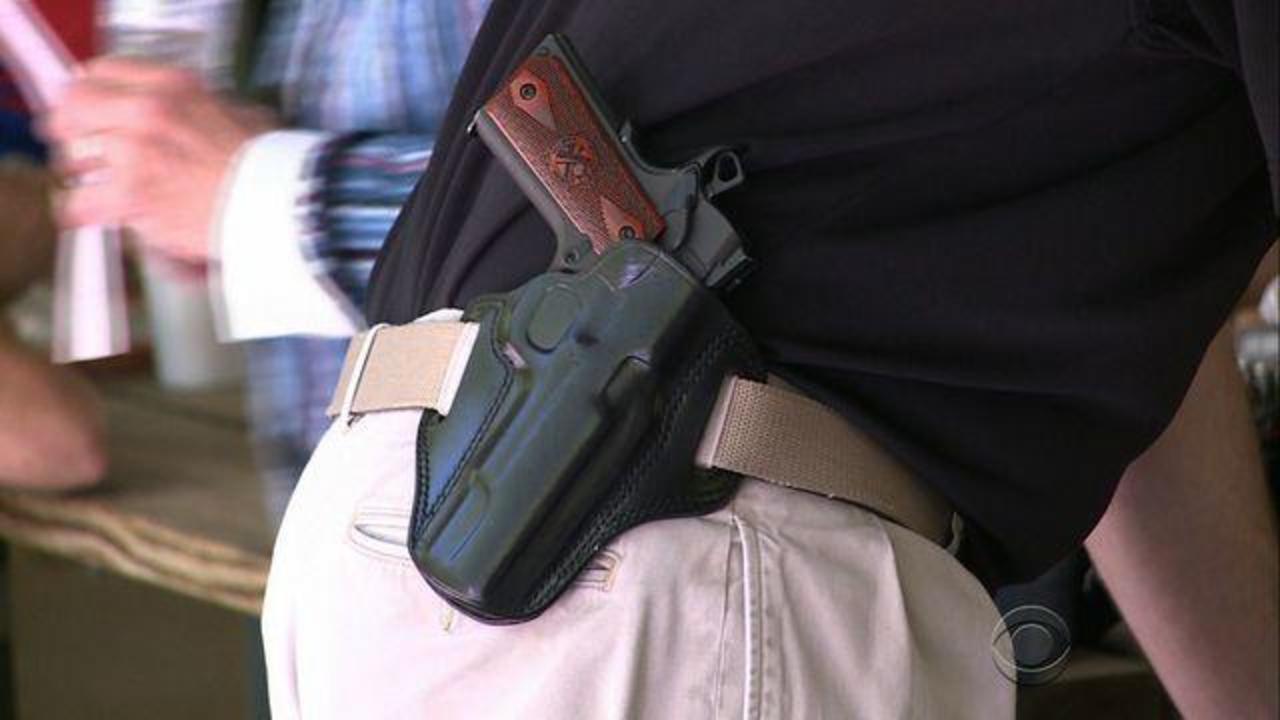Churches are often known for their generosity. They offer food to the hungry, clothing to the cold, and shelter to the homeless. But what about giving money to members? There is no doubt that churches can help their members in need, but is it a good idea for churches to loan money to their members? There are a few things to consider before lending money to your church members.
First, consider the purpose of the loan. Is it for short-term needs or long-term investments? Second, is there an interest rate on the loan? Finally, is there collateral on the loan? If so, what type of collateral is acceptable? Once you have answered these questions, you can begin the process of lending money to your church members. Keep in mind that this decision should be made together with your church leadership and prayerfully considered.
What Is A Church Loan?
A church loan can be a great way to help members get the money they need for unexpected expenses. It’s also a great way for churches to invest in their members’ future. There are several types of church loans available, and each has its own benefits.
One type of church loan is a personal loan. This type of loan can be used to help members cover short-term expenses, like bills or car repairs. Personal loans are usually unsecured, which means that the lender has no security interest in the borrower’s property. This makes them more risky, but they’re also less expensive than other types of loans.
Another type of church loan is an installment loan. An installment loan is designed to help members pay off debt over time. You can borrow up to 100% of your income, and the terms will depend on your credit score and the amount you’re borrowing. Installment loans are usually secured, which means that the lender has a security interest in your property. This makes them more reliable and safer, but it also increases the cost of the loan.
Finally, there’s a special kind of church loan called a deferred payment plan (DPP). A DPP allows you to borrow money against future income rather than against current assets. The advantage here is that you don’t have to worry about paying back your debt until you have higher earnings. The downside is that this type of loan is usually more expensive than other types of loans and
Types Of Church Loans
There are a few different types of church loans that can help members in need. One is a personal loan, which can be used for things like groceries or bills. Another is a membership loan, which can be used to help members with expenses like rent, car repairs, or holiday gifts. Finally, there are also special purpose loans designed specifically for churches. These loans can be used for things like building projects or starting a ministry.
If you’re looking to borrow money from your church, be sure to ask about the terms and conditions of the loan before signing anything. Some loans have strict repayment schedules, while others have more lenient terms. Also keep in mind that some lenders may require a down payment or other financial collateral before approving your loan application.
If you have any questions about church loans, don’t hesitate to contact your lender or the financial institution that provides the loan products. You can also visit the website of the National Association of Church Loan Officers (NACLO) for more information on available options and how to apply for them.[button]
How Much Can A Church Loan Be?
Church loans are an excellent way for churches to help members in need. The terms and conditions of a church loan can vary, but most loans typically have a fixed interest rate and a minimum loan amount. Church loans also come with many other benefits, such as being backed by the church’s assets and protected by the church’s insurance policy.
When considering whether or not to offer a church loan, it is important to consider the borrower’s qualifications and eligibility. Most importantly, a church loan should only be offered to members who are able to repay the debt in a timely manner. Additionally, it is important to make sure that the terms and conditions of the loan are clearly outlined before authorizing any funds.
Overall, church loans can be an effective way for churches to help their members in need. By carefully considering all factors involved, churches can ensure that they offer quality loans that will benefit their borrowers.”
What Are The Requirements For A Church Loan?
Church loans are a great way for churches to get money to help their members in need. There are a few requirements for church loans that you should be aware of:
-The loan must be used for ministry purposes, such as constructing a new building or helping out with ministry expenses.
-The loan must be approved by the church board and ministerial team.
-The terms of the loan must be agreeable to both the lender and borrower, and the interest rates must be reasonable.
When Can A Church Loan Be Repaid?
A church loan can be repaid in a number of ways, but the most common way is through interest payments. The interest rate that a church charges for loans varies depending on the term of the loan and the creditworthiness of the borrower. Generally, shorter-term loans (less than two years) have lower rates of interest, while longer-term loans (more than two years) have higher rates of interest.
In a perfect world, churches would not need to borrow money from members to keep the church running. However, in today’s economy it is unfortunately necessary for churches to find ways to remain solvent. A loan from members can help churches stay afloat during tough financial times and ultimately make the church more sustainable in the long run. Before deciding whether or not to loan money to your local church, be sure you fully understand what type of loan they are requesting and how much interest will be charged on that loan.

